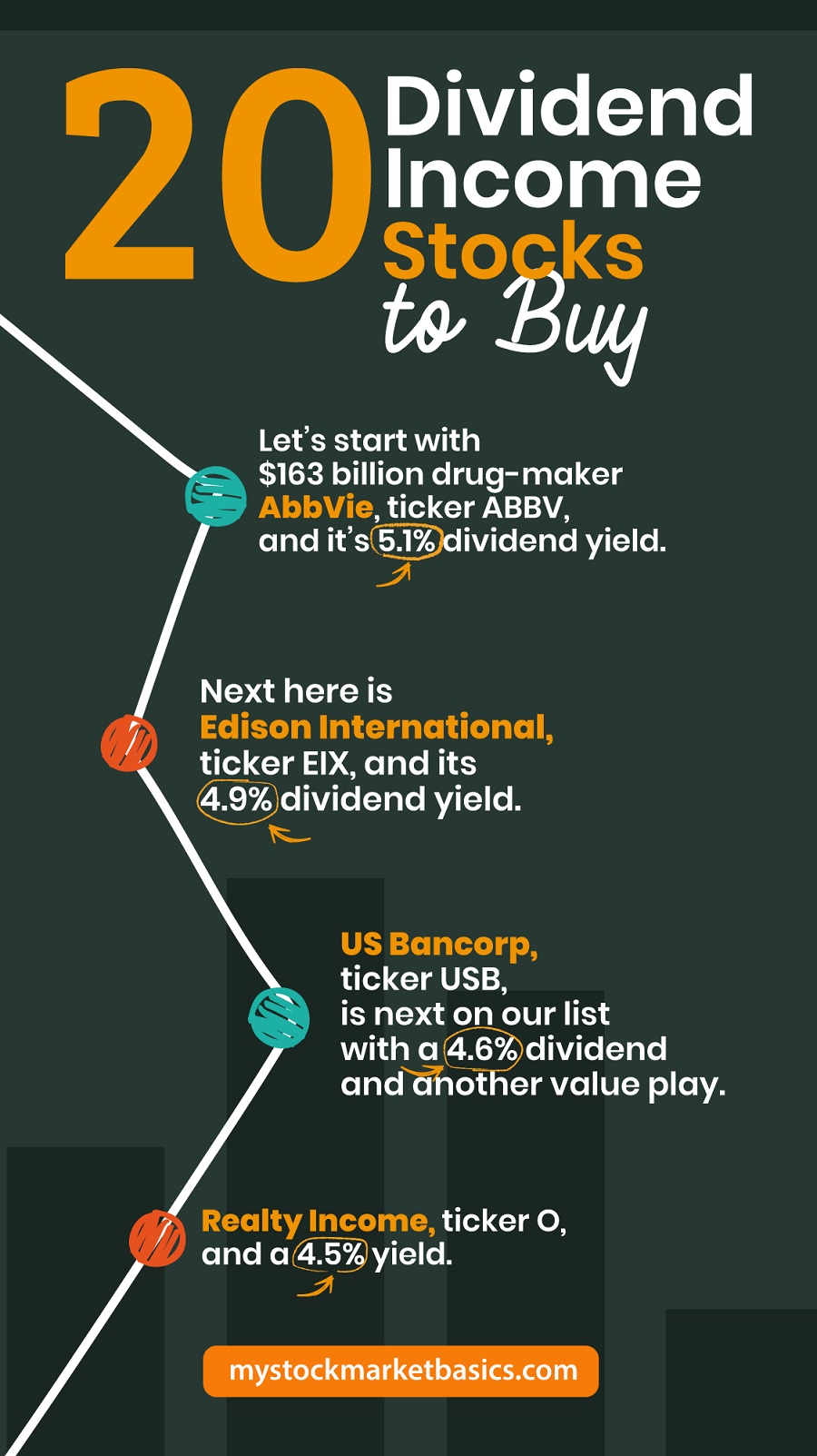
Forex trading has many different aspects. With $5.3 trillion in daily trading volume, it is the largest global over-the counter financial market. It's true that the market operates 24 hours a days, but most of the top players are not available during weekends. The market may have smaller trading volumes, and therefore less competitive spreads. This can cause traders to experience difficult trading conditions.
Even though the market closes on weekends, you still have a lot of options. You can make use of the extra time you have to research the markets you are interested in. Second, you can review your trades, and even fine-tune your strategy. You can also look for additional opportunities to make some extra cash.
For instance, you might be interested in trading the gap. This is the difference between the Friday closing price and Sunday's closing price for a currency pair. Although it's not a very popular method, it is a clever way to get in on the action.

Fading is another option. It's a fancy way to close a gap during the same trading day. But you probably won't see many examples of this over the weekend.
It may not be the most convenient time to trade forex. For beginners, it might not be wise to plunge head-first into Forex trading. Professional traders might not take a week off. Some traders may not be interested in working full-time and might prefer to earn some extra income on weekends. If this is the case, you may be able to make a deal to place a few positions on the weekends with your Forex broker.
You'll have to limit the amount you make. Even though it's technically possible to trade during the weekend, the lower market volume and higher transaction costs will limit your profitability.
You shouldn't trade on weekends because the market isn't as open. Many of the largest financial institutions will close and the ones that are still open will have a reduced capacity. This will result in less liquidity and more slippage.

As a result, the currency prices you trade will be more volatile. This can mean higher profits, but it could also lead to bigger losses. You should be cautious when opening a position and make sure you have a plan.
It is important to research the forex market in order to be successful. Take your time, and find the strategy that meets your goals. Be aware of the upcoming events and how you can capitalize on them.
FAQ
What is the purpose of the Securities and Exchange Commission
The SEC regulates securities exchanges, broker-dealers, investment companies, and other entities involved in the distribution of securities. It also enforces federal securities law.
What are the benefits of stock ownership?
Stocks are more volatile that bonds. When a company goes bankrupt, the value of its shares will fall dramatically.
The share price can rise if a company expands.
To raise capital, companies often issue new shares. This allows investors the opportunity to purchase more shares.
To borrow money, companies can use debt finance. This gives them access to cheap credit, which enables them to grow faster.
When a company has a good product, then people tend to buy it. The stock will become more expensive as there is more demand.
Stock prices should rise as long as the company produces products people want.
What is a fund mutual?
Mutual funds consist of pools of money investing in securities. They allow diversification to ensure that all types are represented in the pool. This reduces the risk.
Professional managers manage mutual funds and make investment decisions. Some funds offer investors the ability to manage their own portfolios.
Mutual funds are more popular than individual stocks, as they are simpler to understand and have lower risk.
What is a Stock Exchange exactly?
Companies can sell shares on a stock exchange. This allows investors and others to buy shares in the company. The price of the share is set by the market. It is usually based on how much people are willing to pay for the company.
Investors can also make money by investing in the stock exchange. Investors are willing to invest capital in order for companies to grow. They buy shares in the company. Companies use their money as capital to expand and fund their businesses.
There can be many types of shares on a stock market. Some of these shares are called ordinary shares. These are the most commonly traded shares. These shares can be bought and sold on the open market. Shares are traded at prices determined by supply and demand.
Preferred shares and debt security are two other types of shares. When dividends are paid, preferred shares have priority over all other shares. These bonds are issued by the company and must be repaid.
Statistics
- Even if you find talent for trading stocks, allocating more than 10% of your portfolio to an individual stock can expose your savings to too much volatility. (nerdwallet.com)
- US resident who opens a new IBKR Pro individual or joint account receives a 0.25% rate reduction on margin loans. (nerdwallet.com)
- The S&P 500 has grown about 10.5% per year since its establishment in the 1920s. (investopedia.com)
- Ratchet down that 10% if you don't yet have a healthy emergency fund and 10% to 15% of your income funneled into a retirement savings account. (nerdwallet.com)
External Links
How To
How to open a Trading Account
It is important to open a brokerage accounts. There are many brokers available, each offering different services. There are many brokers that charge fees and others that don't. The most popular brokerages include Etrade, TD Ameritrade, Fidelity, Schwab, Scottrade, Interactive Brokers, etc.
After you have opened an account, choose the type of account that you wish to open. These are the options you should choose:
-
Individual Retirement accounts (IRAs)
-
Roth Individual Retirement Accounts
-
401(k)s
-
403(b)s
-
SIMPLE IRAs
-
SEP IRAs
-
SIMPLE 401K
Each option offers different benefits. IRA accounts have tax advantages but require more paperwork than other options. Roth IRAs give investors the ability to deduct contributions from taxable income, but they cannot be used for withdrawals. SIMPLE IRAs can be funded with employer matching funds. SEP IRAs work in the same way as SIMPLE IRAs. SIMPLE IRAs require very little effort to set up. They allow employees to contribute pre-tax dollars and receive matching contributions from employers.
Finally, determine how much capital you would like to invest. This is also known as your first deposit. Most brokers will offer you a range deposit options based on your return expectations. You might receive $5,000-$10,000 depending upon your return rate. The lower end of this range represents a conservative approach, and the upper end represents a risky approach.
After deciding on the type of account you want, you need to decide how much money you want to be invested. You must invest a minimum amount with each broker. These minimum amounts can vary from broker to broker, so make sure you check with each one.
After deciding the type of account and the amount of money you want to invest, you must select a broker. You should look at the following factors before selecting a broker:
-
Fees-Ensure that fees are transparent and reasonable. Many brokers will offer trades for free or rebates in order to hide their fees. However, some brokers raise their fees after you place your first order. Be cautious of brokers who try to scam you into paying additional fees.
-
Customer service - Look for customer service representatives who are knowledgeable about their products and can quickly answer questions.
-
Security - Choose a broker that provides security features such as multi-signature technology and two-factor authentication.
-
Mobile apps - Check if the broker offers mobile apps that let you access your portfolio anywhere via your smartphone.
-
Social media presence - Check to see if they have a active social media account. It might be time for them to leave if they don't.
-
Technology - Does the broker use cutting-edge technology? Is the trading platform simple to use? Are there any issues with the system?
Once you've selected a broker, you must sign up for an account. While some brokers offer free trial, others will charge a small fee. After signing up you will need confirmation of your email address. Next, you will be asked for personal information like your name, birth date, and social security number. Finally, you'll have to verify your identity by providing proof of identification.
Once verified, you'll start receiving emails form your brokerage firm. These emails contain important information about you account and it is important that you carefully read them. You'll find information about which assets you can purchase and sell, as well as the types of transactions and fees. Track any special promotions your broker sends. You might be eligible for contests, referral bonuses, or even free trades.
Next, open an online account. Opening an account online is normally done via a third-party website, such as TradeStation. Both websites are great resources for beginners. When opening an account, you'll typically need to provide your full name, address, phone number, email address, and other identifying information. After you submit this information, you will receive an activation code. To log in to your account or complete the process, use this code.
Now that you have an account, you can begin investing.